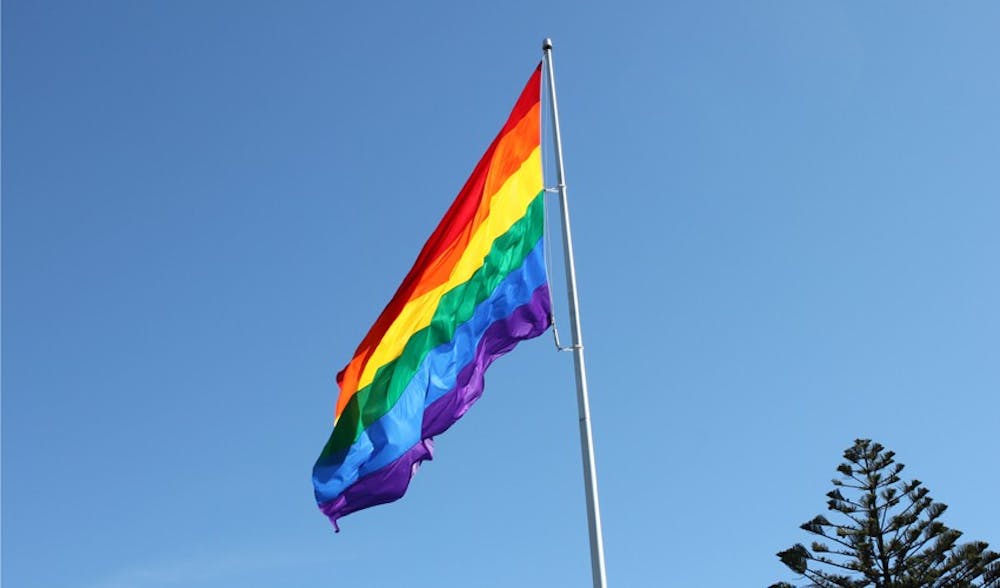
On Friday, the Supreme Court announced that it will hear an appeal to the Sixth Circuit Court of Appeals’ decision to uphold gay marriage bans in Ohio, Michigan, Kentucky and Tennessee. If reversed, the decision could impact a significant portion of the Penn community that identifies as LGBTQ.
“Access to marriage provides access to a number of other benefits which have been denied to queer people for too long,” the LGBTQ student group Lambda Alliance said in a statement.
Professor Rogers Smith, dean for social sciences in the College of Arts and Sciences, said that the Supreme Court has been avoiding the issue of gay marriage. “At the beginning of the term, it appeared not to want to address same-sex marriages, perhaps hoping the circuits would unanimously uphold their validity,” he said in an email.
Roderick Cook, an LGBT activist and former Daily Pennsylvanian columnist who works at Penn’s LGBT Center, was not surprised that the Court has decided to take the case. “The mainstream gay rights movement has been focusing all of their time and attention into this one issue — and not really onto solving systemic problems — so I’m not surprised that the Supreme Court will be hearing a case,” Cook wrote in an email.
Smith believes that the difference of opinion among the Sixth Circuit and other federal circuit courts is the reason the Supreme Court has decided to intervene. “The Court most often takes cases when the circuits are split. But once the 6th Circuit acted, it became difficult to avoid the issue,” he wrote.
With regards to legally plausible outcomes of the case, Smith said that there are three options. The court could either legalize same-sex marriage nationally, uphold the states’ right to ban gay marriage or seek a middle ground.
“Its middle position would be to say that states do not have to authorize same sex marriages in their own jurisdictions — but they must recognize same-sex marriages performed in other states, as a dimension of the ‘full faith and credit’ [clause of] the Constitution,” he said.
In considering the Sixth Circuit decision, the Supreme Court will need to look at a federalism dimension as well as an equal rights perspective.
“The focus will probably be on equal protection: Is denying marriage to same sex couples reasonably related to any legitimate state interest, or is this discrimination that harms some persons more than others for no good reason” he explained.
“The 6th Circuit simply felt that states traditionally had the power to define and regulate marriage in this way,” Smith said. “That may not be enough for a majority of this Supreme Court.”
Even if the court does legalize same-sex marriage, LGBTQ activists say there is still a long way to go before LGBTQ individuals attain full equality.
“For many LGBTQ people, marriage is the least of their worries when living under police brutality, incarceration, violence — especially against Black and Latina trans women — and other life-threatening and systematic issues,” Cook said.
The Daily Pennsylvanian is an independent, student-run newspaper. Please consider making a donation to support the coverage that shapes the University. Your generosity ensures a future of strong journalism at Penn.
DonatePlease note All comments are eligible for publication in The Daily Pennsylvanian.





